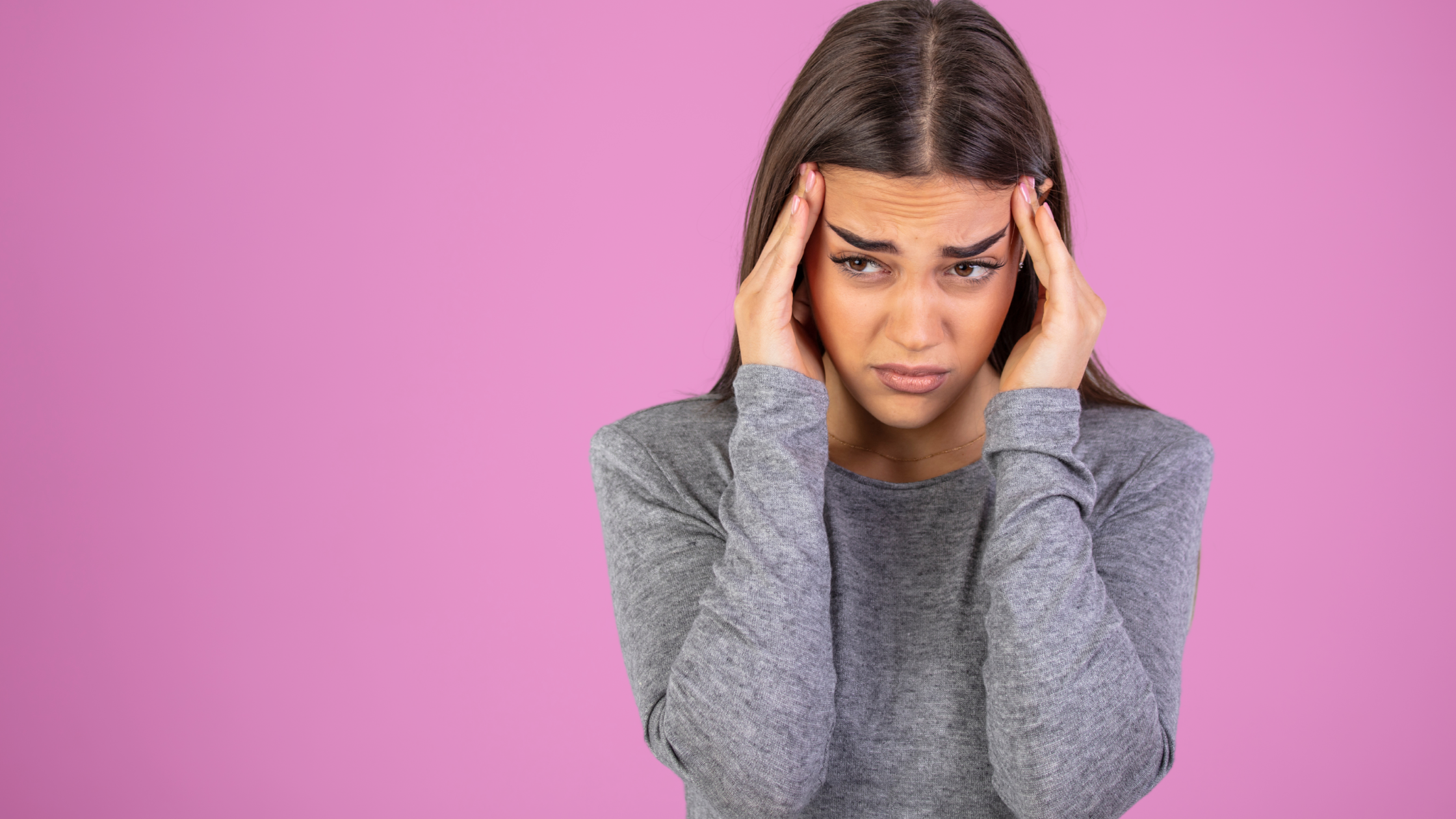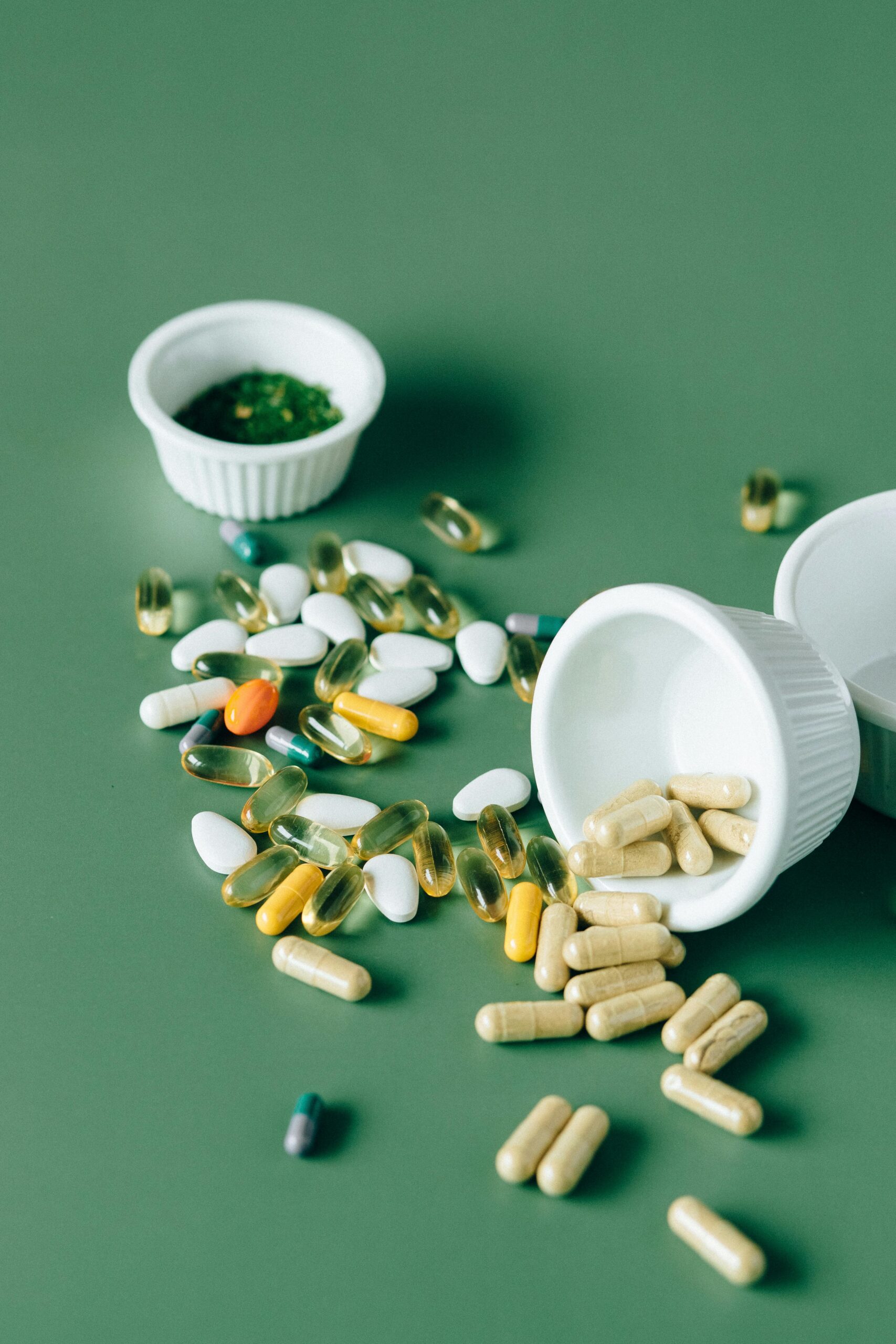Pink Concussions – Concussions in Women and Girls: What You Should Know When you think of a concussion, you might envision a football player getting injured, but women and girls can get concussions, too. As a matter of fact, they may suffer concussions more frequently and differently than men. Doctors have begun referring to this injury in women as “pink concussions” because they present differently in females. Now, let’s delve into what is different with concussion in females.
What Is a Concussion?
A concussion is a form of brain injury that occurs when one experiences a blow to the head or receives a violent body bump. The brain moves rapidly inside of the skull, and this can be damaging to your brain cells. This may result in problems such as headaches, dizziness, or even not being able to think clearly. You could also feel fatigued, depressed, or even have trouble sleeping.
What is a Pink Concussion?
A “pink concussion” is a term used to describe the difference in the way women and girls experience concussions compared to men and boys. For a long time, most studies looked at men when it came to concussions. This is how most research has been done in the past. We now know that more women may experience concussions, have worse symptoms, and take longer to recover from them than men.
How Are Concussions Different for Women?
Women Get Concussions More Often:
Studies show that women and girls get concussions more often than men while playing the same sport, such as soccer or basketball. One reason might be that women usually have smaller neck muscles, so when they get hit their heads move more. This can make a concussion more likely. It also means they are more likely to have a neck injury which can make concussion recovery harder and take longer.
Women develop worse symptoms after a concussion.
Symptoms may include worse headaches, extreme fatigue, and mood swings. After a concussion, women may have more difficulty sleeping or even concentrating. The symptoms are the same in men but women often report higher severity and for longer periods of time.
Women take longer to recover from concussion.
Whereas most people are feeling better in about two weeks, it will take longer for the women to recover from their concussions. Some women have symptoms that can persist for months, mainly those with multiple concussions.
Reporting symptoms men vs. women
Females in general are more likely to report symptoms to their coaches, doctors, partners, etc. They are also more likely to take care of themselves first. This leads to a few things men and boys should do better after a concussion. Admitting to symptoms after an injury, seeking help, and not returning to activity too soon
The Role of Hormones:
Hormones, especially estrogen, are involved in the recovery process of a woman after suffering a concussion. Symptoms of concussion can be exacerbated in relation to specific times of the menstrual cycle. This complicates the process of recovery even more.
The time of injury in relation to the menstrual cycle also plays a role in likelihood and severity of symptoms. Progesterone is higher in the luteal phase which correlates to lower injury severity scores. However, the premenstrual phase, which is also the luteal phase, and during menstruation tends to make women borderline anemic. This correlates to higher symptom severity and prolonged recovery.
Why These Differences Matter
It is important to value the realization that women and girls may need special attention following a concussion. Doctors will have to consider things such as hormonal state at the time of injury, history of concussions, and other health issues when treating them. No two concussions are alike; women may need more time and a tailor rehabilitation plan to heal appropriately.
How Concussions Affect Women’s Lives
A concussion can change how a woman feels and functions daily. It can make school, work, and even simple tasks feel harder. Some women may feel sad, anxious, or forgetful after a concussion. These feelings may go away in a few weeks or can last for months. These emotional changes may prove to be particularly challenging for women who are simultaneously taking care of their families or managing busy lives.
Similarly, concussions will lead to athletes missing games or retiring from athletic careers altogether. In the case of non-athletes, concussions may occur due to accidents and/or falls and might not be reported to any physician. This is risky because some these women will then fail to receive the help they need.
Concussions in Young Girls
Young girls, in particular those in puberty, may be even more susceptible to coping with concussions. Because their brains are still in a development stage, symptoms might be more serious, and it could take them more time to recover. It is necessary for a parent, coach, or teacher to keep a close eye on any signs of concussion and rest girls. Returning to schoolwork and athletics too early can prolong recovery and impact school and sport performance.
What We Can Do
Understanding that women and men recover differently from a concussion is the best first step. It allows us to tailor a rehabilitation program to an individual. This avoids frustration when recovery is taking longer than your friend. We have a good start on understanding the differences between male and female concussion injuries. Everyone involved: Coaches, healthcare workers, coaches, parents, and teachers need to learn and understand these differences so that we can facilitate the best and fastest recovery possible.
How to Protect Women and Girls
Learn the Signs:
It’s important to know the signs of a concussion so women and girls can get treated early. Headaches, dizziness, feeling confused, fatigue, emotionality, and decreased work or school performance are some of the most common signs. These symptoms can show up right away or take days or even weeks to start to develop.
Play Safely:
In sports, women and girls should use protective gear and practice safe techniques. Building stronger neck muscles might help lower the risk of a concussion.
There are also some lifestyle and supplemental strategies women can adopt to reduce the likelihood or severity of symptoms.
Get the Right Care:
Women should seek a doctor who understands the unique way concussions affect females. Proper treatment will help them recover much faster.
Conclusion
Pink concussions is more than just a cute name. It is an awareness campaign that could make a big difference in the life of a woman or a young girl. By understanding how these pink concussions are different, we can help women and girls heal properly and protect their brains in the future. Whether at home, at school, or in sports, women deserve the right care to recover from a concussion and feel their best.


